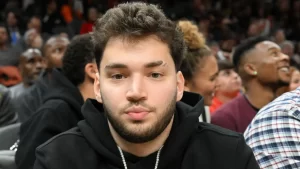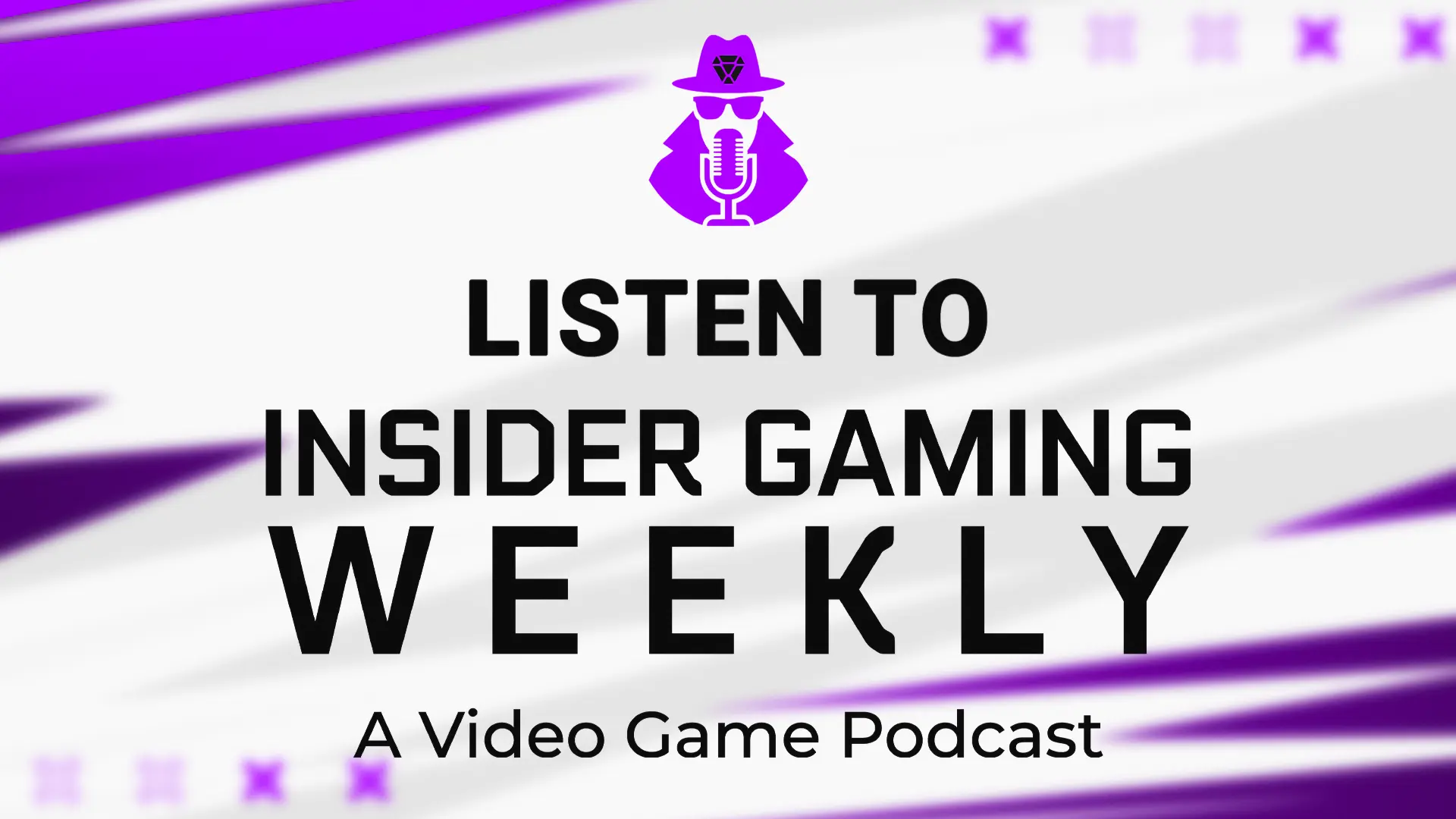Moments ago, Activision published an all-new Call of Duty blog post breaking down the ins and outs of the much-debated mechanic known as ‘Skill-Based Matchmaking’ (SBMM). It was something that was promised months ago, and although it has taken a while, the full explanation of what it is and how it works is finally here. It’s nothing groundbreaking, but it’s a decent peek behind the curtain that troubles so many players – mostly because it has never been clarified how SBMM works in COD.
So, How Does SBMM Work?
In the lengthy blog post, it was confirmed that Call of Duty’s matchmaking algorithms are composed of multiple factors:
- Connection
- Playlist Diversity
- Recent Maps and Modes
- Time to Match
- Skill and Performance
- Platform
- Input Device
- Voice Chat
It was stressed that when it comes to matchmaking, the most critical factor is connection – ‘Ping is King’, as Activision said. In second place on the importance charts sits ‘Time to Match’, and then the rest of the elements fill in behind in no particular order.
Activision explained that the bulk of the matchmaking algorithms in Call of Duty are focused on your ‘Delta Ping’, your proximity from data centres, and how long it takes you to match with other players. Those elements are fairly obvious, and what players are most interested in is the impact that your in-game skill and performance have on the matchmaking algorithm.
Activision said:
Skill is determined based on a player’s overall performance: kills, deaths, wins, losses, and more, including mode selection, and recent matches as an overall metric across all Multiplayer experiences. This is a fluid measurement that’s consistently updating and reacting to your gameplay. Skill is not only a factor in matchmaking players against appropriate enemies, but also when finding teammates.
Reportedly, these algorithms have been in development since 2007’s Call of Duty 4: Modern Warfare. In stark contrast to what many players might feel they believe, Activision stressed that they ‘use player performance to ensure that the disparity between the most skilled player in the lobby and the least skilled player in the lobby isn’t so vast that players feel their match is a waste of time.’
At the same time, there’s a mission to ensure that a ‘variety of outcomes’ are guaranteed as far as possible. With that being said and taking into consideration how long Activision has worked on these algorithms, the developers recognise that there’s still a lot of work to do:
We also understand that many high skill players want more variety of experience, but often feel like they only get the “sweatiest” of lobbies. We have heard this feedback clearly and will continue to test and actively explore ways to mitigate this concern.
As a final note, Activision answered several pressing questions:
- Streamers do not get ‘special treatment’
- Paid-for content does not impact your algorithms
- There are no bots in COD multiplayer
- Matchmaking algorithms do not impact hit reg, aim assist, or damage
- Play time doesn’t matter
Oh, and Activision has already run tests by removing skill-based matchmaking and it proved that retention is much lower as a result – so don’t expect it to go anywhere anytime soon.
For more Insider Gaming coverage, check out the news that Blizzard has a new President










